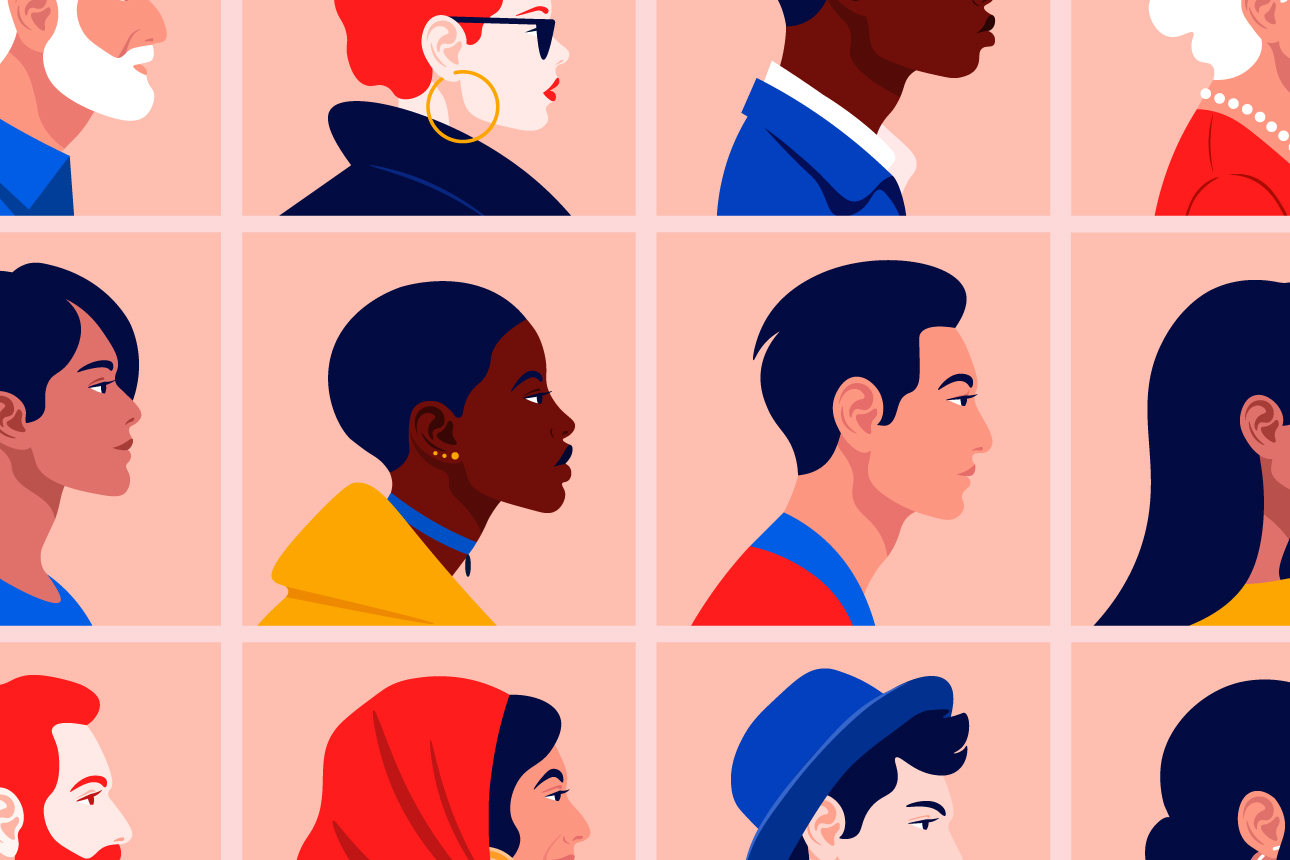Confronting the Uncomfortable Reality of Workplace Discrimination
The U.S. is finally addressing racism in law enforcement. While we’re at it, let’s tackle workplace discrimination as well.
Topics

Widespread protests have filled the streets in every U.S. state and around the world almost daily since George Floyd’s murder at the hands of Minneapolis police late in May. As the Black Lives Matter movement reminds us — and as the murders of Floyd, Rayshard Brooks, Breonna Taylor, and too many others have made painfully obvious — Black people often experience a harsher standard of treatment at the hands of the police than White people do. The sheer number and variety of people now speaking out on social media against discrimination and police brutality, and organizing and attending diverse protests worldwide, suggest that the push toward greater accountability and racial equality in law enforcement is gaining momentum. We could not be happier about this development — but we can’t stop there.
Our research involves a different form of racial discrimination, one that directly affects almost every facet of Black American lives. Workplace discrimination — employers’ tendency to value White employees over Black employees — has had devastating consequences for generations of Black Americans. We know some of the solutions, but we need the social will to implement them.
The list of discriminatory workplace practices is long and backed by research. Applicants with White-sounding names are more likely to receive calls back from potential employers than those with Black-sounding names.1 Studies have shown that darker-skinned applicants face distinctive disadvantages when applying for jobs compared with lighter-skinned applicants.2 One study even found that a White applicant with a criminal record received more interest from employers than a Black applicant with no record — an injustice compounded by the racial discrimination of law enforcement, which has increased the likelihood that Black Americans will have a criminal record.3
Systemic discrimination doesn’t stop once someone has landed a job. Racial bias affects negotiations over starting pay, future wages, and upward mobility. In short, Black employees start off making less money than their White colleagues, a disparity that compounds over time. Black employees also receive promotions less often.4
A third significant blow comes when economic times are tough, as they are now. Many Black Americans believe they are the “last hired and first fired,” and it appears that there is some truth to that.
References (11)
1. M. Bertrand and S. Mullainathan, “Are Emily and Greg More Employable Than Lakisha and Jamal? A Field Experiment on Labor Market Discrimination,” The American Economic Review 94, no. 4 (September 2004): 991-1013.
2. M.S. Harrison and K.M. Thomas, “The Hidden Prejudice in Selection: A Research Investigation on Skin Color Bias,” Journal of Applied Social Psychology 39, no. 1 (January 2009): 134-168.





Comments (3)
Brittany Granberry
Shirley Engelmeier
Anonymous